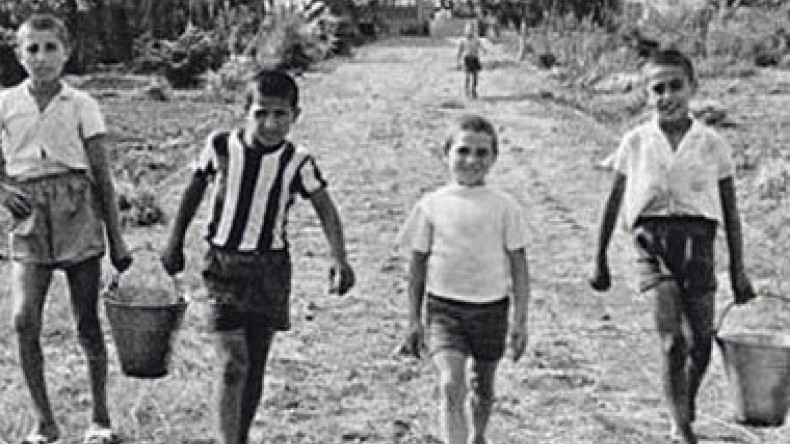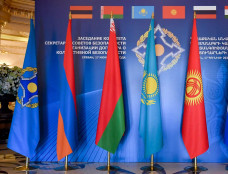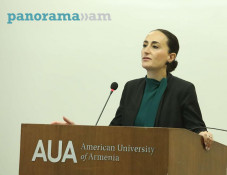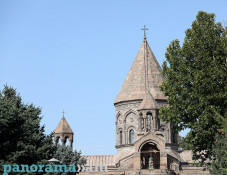
Turkey: Historic camp for Armenian orphans to be destroyed for luxury homes
A former summer camp primarily for Armenian orphans located in the Istanbul suburb of Tuzla is expected to be demolished at the end of May in order to build luxury villas on the site, Today’s Zaman reports.
A total of 1,500 orphaned children, such as the late Armenian-Turkish journalist Hrank Dink, spent summers at Camp Armen, which opened in 1963 and was constructed in part by the orphans themselves. Dink, who was very devoted to Camp Armen, not only attended as a child but later became a camp counselor. Camp Armen is also where he met his wife, now widow, Rakel Dink. Peoples’ Democratic Party (HDP) deputy Erol Dora, who is Aramean (Syriac), also attended Camp Armen as a child.
A high court ruling issued in 1974 stated that “minority foundations cannot own property.” In 1983, the camp was closed and the deed to the land was returned to its former owner, despite legal action taken by the Gedikpaşa Armenian Protestant Church, which owned and operated the camp. The ownership of the land has since changed hands several times.
On Sunday, members of the Armenian community visited the abandoned camp and found it in a neglected state. They gathered the litter and tended to the garden, even planting a plum tree.
According to a news report by the Birgun daily published on Tuesday, former campers shared memories of their experiences during their visit, including one particularly interesting account of when Dink, in his role as a camp counselor, was returning with some children to the camp from a trip to the beach and the gendarmerie was waiting for him.
The camp’s building has gone untouched since it was forced to close and the current, private owner plans to have it demolished at the end of May, according to those who visited the camp on Sunday. Members of the Armenian community, such as former campers and activists from Nor Zartonk, a civil society group representing Turkey’s Armenian community, are still in search of a solution to prevent the demolition of the historically significant and beloved camp.
Newsfeed
Videos






























